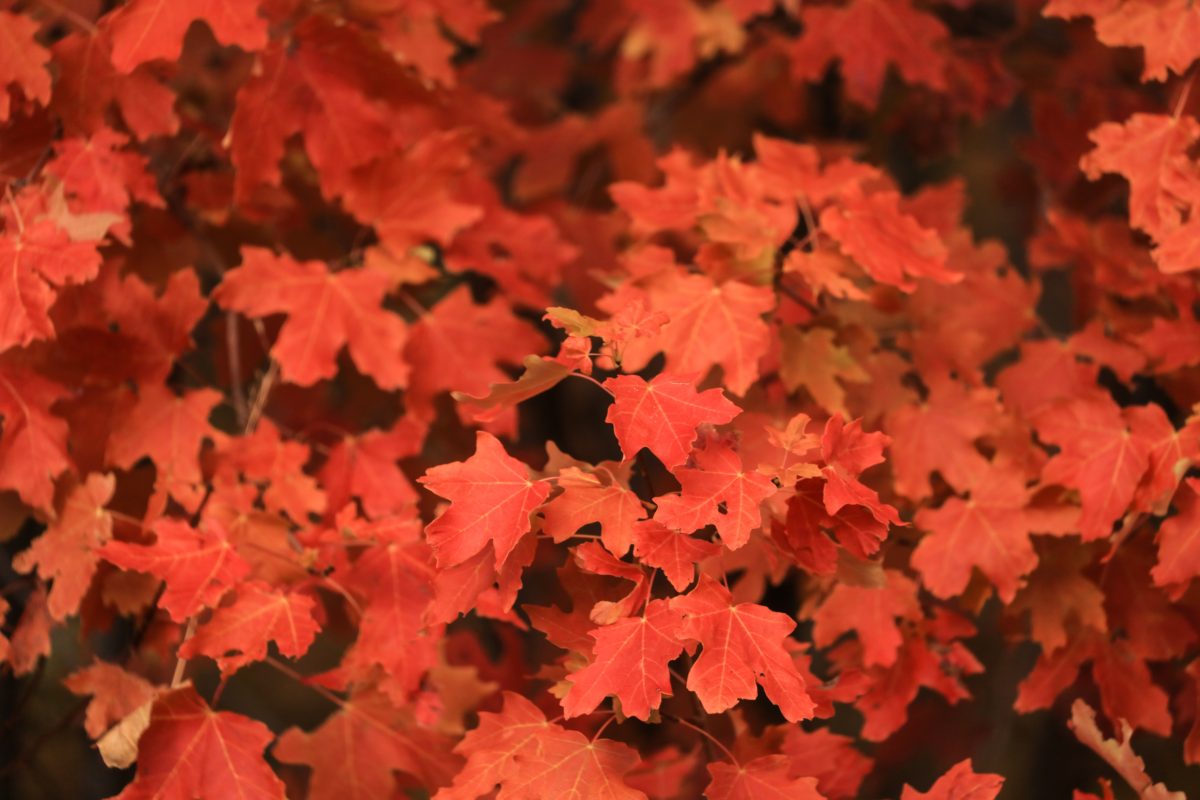It’s the beginning of autumn, and the air is freighted with the smell of cold weather coming. Early October in this small, central Wisconsin farm town is a feast for the senses. Sugar maples exploding with blazing shades of red. Leaves decomposing in the tall, wet grass. Blue skies with puffy, white clouds casting a backdrop for the eruption of goose-clamor as another V-formation wings south. The air cool, portentous.
This is a moment in Ben’s childhood backyard. October 4, 1970.
He should be watching the Green Bay Packers play the Minnesota Vikings with his father this Sunday afternoon, but the weather is beckoning him outdoors when his buddy, Todd, stops by to see if Ben wants to “do something”. Ben is ten years old, and video games and cell phones are still part of the future. Ben and friends have to find their own amusement, which is easy in these days, in a small town on a mill pond during the shoulder season of fall, between the sticky humidity of the Midwest summer and the arctic cold of winter in the North.
Instead, Todd and Ben drift to Ben’s mother’s garden plot, which has yielded its seasonal harvest and is now turning brown and going to ground. The plants which had borne huge beefsteak tomatoes that Ben’s mom ate over the sink with a salt shaker, juice running down her chin, are now withering to feed the soil. Snap peas and green beans that Ben had eaten off the vine are now brown and skeletal. Only the cornstalks stand tall, the ears picked, eaten or preserved for winter.
It’s these stalks that catch the boys’ attention this sunny afternoon. They pull them from the soil, shake the dirt from their root clusters and begin tossing them like spears at imaginary enemies. It doesn’t take long for their imaginations to turn toward real targets, and they begin throwing them at each other. It’s harmless fun. There are plenty of cornstalks. A cool breeze blows across the dark water of the mill pond and the sun shines bright. The air is crisp and tastes of apples from the fallen fruit of a crab-apple tree nearby. Everywhere are colors.
Then the game changes, for reasons known only to youth. Instead of throwing the stalks, Todd begins swinging one like a mace and seems excited by the sound it makes, swooshing through the fragrant air. Ben readjusts the grip on his stalk and begins to swing it too, when Todd comes toward him with a look of menace on his face, biting his lower lip and moving quickly. Ben has seen that look before. It’s never good. The next thing Ben knows is feeling something strike him on his left eye, then going blank… Darkness…
Ben comes to lying on his back, eyes closed tight in self-defense. He feels Todd shaking him, asking if he’s alright. Ben hears his younger brother’s voice say, “I’m going to get Dad.” When Ben opens his eyes, he sees nothing but bright red. His ears are ringing and he doesn’t really know what has happened, but he knows something is wrong. Very wrong.
Ben hears Todd get sick and say, “I’ll get some Kleenex.” His footsteps sound and then are gone, and Ben is alone – on his back lying in the soft grass looking up through red lenses. Ben’s ears stop ringing and he feels silence. He shuts his eyes and sees black.
Moments pass and Ben hears Todd return with heavy breath. “Here,” he says, and puts some tissues in Ben’s hand. “Wipe your eyes.” Ben tries, but it doesn’t change the color. Todd starts babbling about being sorry and not knowing what happened and asking Ben if he’s going to be okay when Ben hears more footsteps and his father’s voice saying something he can’t remember, more muffle than words.
Then Ben feels his father’s arms lift him up and carry him away. Soon Ben’s laid out in the back seat of their Plymouth Fury four-door and they’re highballing it to Shawano, the county seat and, at less than twenty miles away, the closest town with a modern hospital – where Ben’s brother, sister and he was born. Ben can tell by the stops and turns of the car that they’re taking the back way, and when they cross a wood-planked bridge and turn left onto gravel Ben knows they’re on Lovers Lane, a mostly abandoned road through the woods that saves a few miles. Ben has never ridden in a vehicle that bounces around as much as they did.
Ben remembers getting out of the car once they’d reached the hospital holding a wet cloth over his eyes. A nurse is walking them down a hallway when she asks Ben how he’s feeling. He mumbles something and she asks if he feels sick, which he hasn’t – until then. So, he gets sick right there on the floor in answer to her question, and she takes them to a room to wait for the doctor.
When the doctor arrives – the doctor who had delivered Ben and his siblings – he looks at Ben’s eye and says that he’ll need surgery, that he’ll have to go to Green Bay. The doctor cleans up Ben’s face and puts a bandage wrap around his eyes, and it’s lights out and into an ambulance. This must be when the medication starts, because Ben doesn’t remember anything more until he’s recovering in a hospital bed, his head held in place by a sandbag pillow and his eyes covered with gauze, taped shut. Deep darkness now.
Ben spends the next four days flat on his back with his head held in place and instructions not to move it. The doctor is worried about “hemorrhaging”. Ben’s wondering if his eye is going to work again. He lays there and waits.
It’s impossible to distinguish day from night when all you see is black. But soon Ben becomes aware of the daily routine based on the sounds of nurses making their rounds, and the smells of meals being delivered. At first the food tastes bland and Ben eats it without imagination. It’s hospital food. It isn’t supposed to taste good. Fortunately, Ben’s mom always brings cookies or bars to fill the flavor void.
But then things start to change in Ben’s world behind the curtain.
Ben’s doctor tells him that his other senses will sharpen to compensate for his temporary loss of sight. He’s right. Ben starts to notice sounds at different depths and layers, smells become almost palatable – which isn’t always such a good thing in a hospital room shared by two bedridden boys.
Now, instead of seeing darkness behind his eyelids Ben envisions a movie screen. Everything around him appears on that screen. The room materializes in his mind’s eye as soft and comfortable, with Cape Cod curtains surrounding a window seat built into the wall. The lighting is low and indirect, giving the room a 3-D feel. Figures drift in and out, trying to be quiet. The aroma of cleaning products becomes painfully acute. Even the food begins to taste better.
On the fifth day following surgery the doctor is ready to remove the bandages and examine Ben’s eye. He’s transferred to a gurney and wheeled down the hall to a different room, with completely different sounds and smells. It impresses him as a calm place. He feels scissors going down the side of his head and smells the adhesive of surgical tape. Gently the bandages are removed and a harsh light crashes into Ben’s behind-the-eyelid movie theatre, as though someone was sneaking in a side door on a sunny day.
The good news is that Ben’s eye seems to be responding, appearing relatively clear, and the stitches are holding the gash in the bottom of his eye socket together until they dissolve. The surgeon had to remove Ben’s eyeball because one of the roots had punctured the socket beneath his eye. Evidently, it’s not that difficult of a procedure. The doctor uses a utensil similar to a salad spoon scissors.
Two more days in the hospital as Ben adjusts to sight and he’s released. His last impression is of his room, which looks nothing like it did in his mind during those days of darkness.
Now, when Ben thinks back to those moments, all he sees is light and color. He feels the air, the crispness. The smell of wet grass and rotting leaves. He thinks of all the moments of his life defined by his senses. His mind races. Those long several days that he spent with his eyes taped shut seem more like an awakening than sleep, now. An awakening that has instilled in Ben an appreciation for senses that he will never again take for granted.


